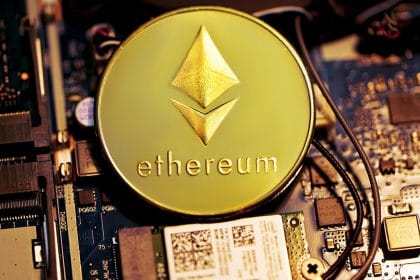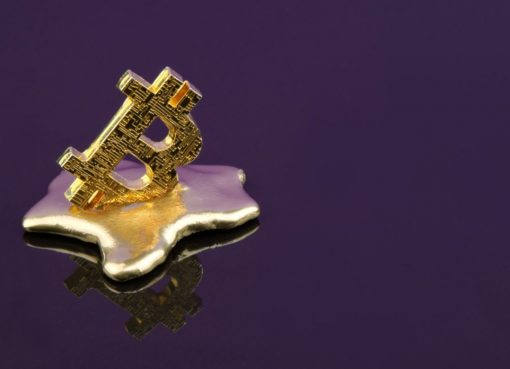While there’s been all excitement surrounding the EIP-1559 implementation, some independent developers have pointed out some issues with debugging the Ethereum DApps post the upgrade.
The wait is finally over and we are just four hours away from the upcoming London hard fork upgrade, the euphoria in the market is clear as the Ether (ETH) price has shot up more than 8% in the last 24 hours.
At press time, Ethereum is trading 8.35% up at a price of $2681 and a market cap of $313 billion. The London hard fork will bring the much-awaited EIP-1559 protocol implementation to the Ethereum (ETH) blockchain network.
EIP-1559 changes the way transactions happen on the network. At present, the users have to do guesswork on how much they will have to send to the miners. The EIP-1559 implementation will include a base fee. This will introduce further transparency while lowering the transaction costs.
The EIP-1559 burns the transaction fees. Thus, instead of going to miners for approving transactions, the ETH for the base fee will go out of circulation while moving it to an inaccessible wallet.
Tim Beiko, a developer at Ethereum Foundation said that EIP-1559 will lower the rate of ETH generation. If the Ethereum network faces congestion and the base fee goes above 150 gwei, the network will burn more in transaction fees with each block produced. It means that ETH will continue to experience deflationary pressure with the implementation.
Debugging Ethereum DApps Will Get Harder
While there’s all the excitement around EIP-1559, the implementation will make debugging applications on Ethereum even harder. In order to maintain backward compatibility with wallets and other blockchain services facilitating transactions, the EIP-1559 will retain a field for these services specifying a gas price.
Now the gas price represents a conversion between the unit of gas and Ether. This is usually set by the user to incentivize miners on the blockchain. However, with EIP-1559 implementation, the network will automatically determine the minimum gas price dubbed “base fee”.
Thus, users won’t need to specify the gas price. Instead, they can specify their maximum willingness to pay for the transactions. After that, the network will deduct the base fee from the user’s maximum willingness to pay. Later, the network will return the difference back to the user’s account balance.
As per the current code specifications for EIP-1559, it will return the value of the user’s maximum willingness to pay by gas price only before the transaction has been mined into the block. Upon mining, the value of the gas price fee will change to base fee.
This changing value based on time and the state of blockchain brings a new challenge for DApp developers trying to debug the code. During an All Core Developer meeting last month, independent software developer Micah Zoltu raised this issue. Zoltu noted:
“Any time you’re debugging an issue and the behaviour changes based on when you look at it, that becomes a very, very hard bug to debug. I suspect that most users and dapp developers and library authors and whatnot probably are not watching closely on these things and they will not realize that there’s a change in behaviour and the gas price field”.
As a result, Zoltu has proposed removing the gas price field during the next backward-incompatible Shanghai upgrade.
Bhushan is a FinTech enthusiast and holds a good flair in understanding financial markets. His interest in economics and finance draw his attention towards the new emerging Blockchain Technology and Cryptocurrency markets. He is continuously in a learning process and keeps himself motivated by sharing his acquired knowledge. In free time he reads thriller fictions novels and sometimes explore his culinary skills.




